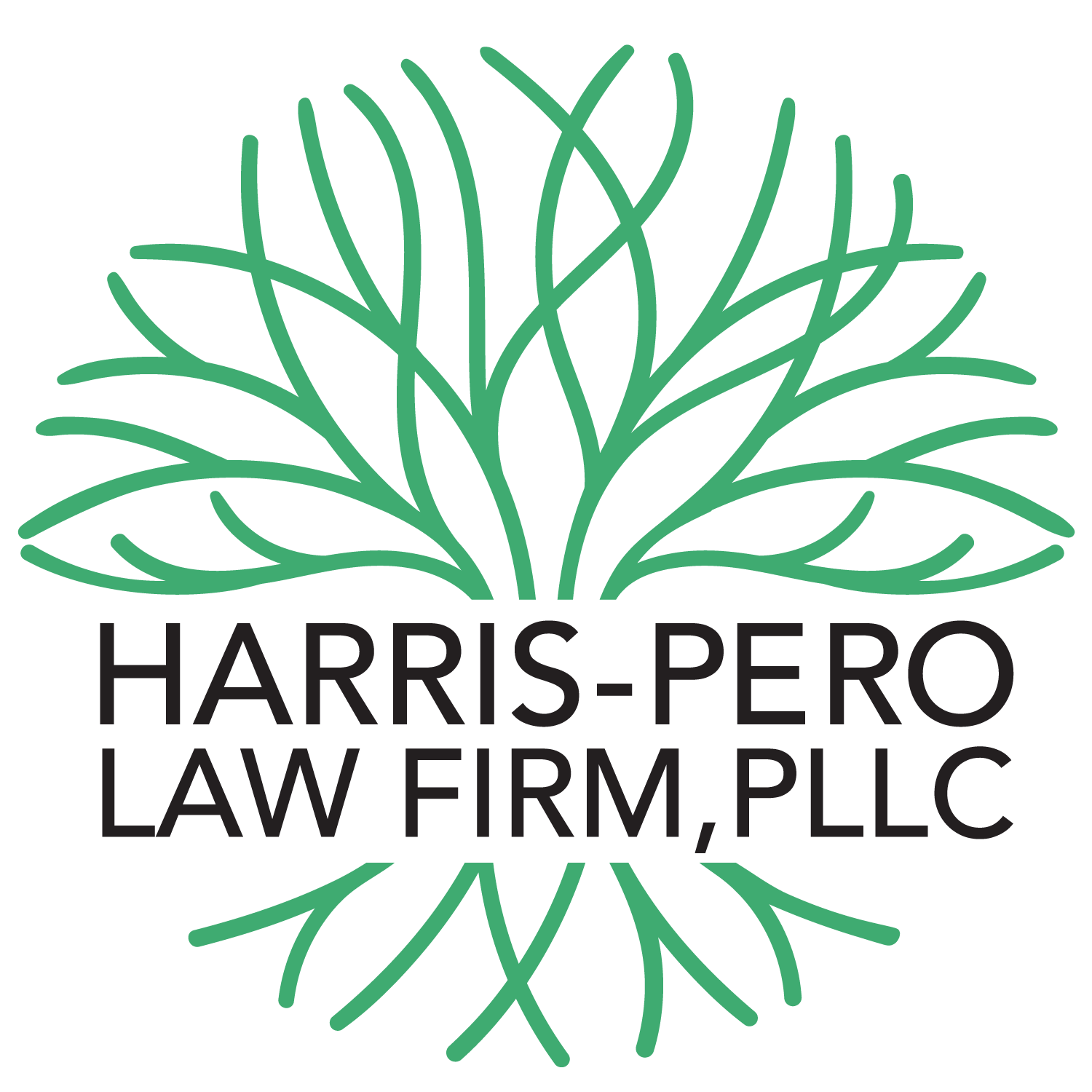The Battleground: Wills vs. Trusts
People often ask us, "which is better: a Will or a Trust?" The short answer is: almost everyone needs a Will and some people may also benefit from a Trust.
We take pride in being a firm that gets to know the facts about a potential client before proposing a solution. Just as you and your neighbor may have differing opinions or views, each of you may have vastly different estate plans. I had a professor in law school who always said in response to every question, "it depends" and , "change the facts, you change the answer." In our practice, we find this to be true all the time. We hear our clients’ concerns and develop an estate plan that addresses those concerns.
A Last Will and Testament (commonly called a "Will") allows you to direct where your assets will go when you pass away, which is a concern many of us have.
A Will also allows you to choose the person you want to administer your estate, known as an Executor. If you do not have a Will to provide direction on your assets or choice of Executor, you still have an estate plan which we call the "state's plan." Because, if you do not plan ahead, the state where you reside has a plan for you - written into the state's laws.
Each of us has different goals and values and your estate plan should be drafted to address those goals and values. And as my law professor said, "change the facts, you change the answer." As life goes on, your goals and values may change and your estate plan may change too. A Will may be sufficient right now but if ten years go by and you own out of state property or have a long term care concern, we may recommend the use of a Trust.
A Trust is an agreement between you and a Trustee. A Trustee is the person you choose to manage the assets owned by the Trust.
Assets may be owned by the Trust or directed to the Trust upon your death by naming the Trust as beneficiary. There are many different types of Trusts with different purposes. A Living Trust can: help control assets while you are living, direct where assets should be distributed upon your death, protect your assets from long term care expenses, or help you avoid court involvement at death, especially for those who own property in multiple states. Testamentary Trusts are created under your Will and can allow you to put controls and protections in place for your beneficiaries after you’re gone.
Remember, you should have a Will and you may have one or more Trusts.
If you have a Trust, you likely still need a Will to direct assets that are not owned by or payable to your Trust. You are not expected to know how to best plan your own estate but you may have ideas and you certainly have the facts. You should share the facts, along with your concerns and goals, with an estate planning attorney you are comfortable with who can recommend the appropriate estate plan for you.
